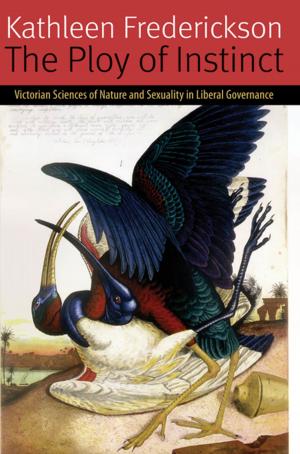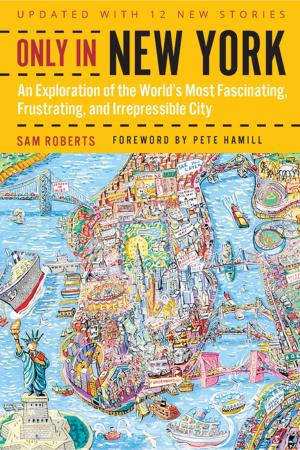Being Brains
Making the Cerebral Subject
Nonfiction, Health & Well Being, Psychology, Cognitive Psychology, Religion & Spirituality, Philosophy, Mind & Body, Science & Nature, Science, Biological Sciences| Author: | Fernando Vidal, Francisco Ortega | ISBN: | 9780823276080 |
| Publisher: | Fordham University Press | Publication: | July 4, 2017 |
| Imprint: | Fordham University Press | Language: | English |
| Author: | Fernando Vidal, Francisco Ortega |
| ISBN: | 9780823276080 |
| Publisher: | Fordham University Press |
| Publication: | July 4, 2017 |
| Imprint: | Fordham University Press |
| Language: | English |
This “interesting, informative, and provocative book” explores the pervasive influence of neuroscience and “the view that we are essentially our brains” (History and Philosophy of the Life Sciences).
Being Brains offers a critical exploration of neurocentrism, the belief that “we are our brains,” which came to prominence in the 1990s. Encouraged by advances in neuroimaging, the humanities and social sciences have gravitated toward the brain as well, developing neuro-subspecialties in fields such as anthropology, aesthetics, education, history, law, sociology, and theology. Even in the business world, dubious enterprises such as “neuromarketing” and “neurobics” have emerged to take advantage of the heightened sensitivity to all things neuro.
While neither hegemonic nor monolithic, the neurocentric view embodies a powerful ideology that is at the heart of some of today’s most important philosophical, ethical, scientific, and political debates. Being Brains examines the internal logic of this new ideology, as well as its genealogy and its main contemporary incarnations.
Being Brains was chosen as the 2018 Outstanding Book in the History of the Neurosciences by the International Society for the History of the Neurosciences.
This “interesting, informative, and provocative book” explores the pervasive influence of neuroscience and “the view that we are essentially our brains” (History and Philosophy of the Life Sciences).
Being Brains offers a critical exploration of neurocentrism, the belief that “we are our brains,” which came to prominence in the 1990s. Encouraged by advances in neuroimaging, the humanities and social sciences have gravitated toward the brain as well, developing neuro-subspecialties in fields such as anthropology, aesthetics, education, history, law, sociology, and theology. Even in the business world, dubious enterprises such as “neuromarketing” and “neurobics” have emerged to take advantage of the heightened sensitivity to all things neuro.
While neither hegemonic nor monolithic, the neurocentric view embodies a powerful ideology that is at the heart of some of today’s most important philosophical, ethical, scientific, and political debates. Being Brains examines the internal logic of this new ideology, as well as its genealogy and its main contemporary incarnations.
Being Brains was chosen as the 2018 Outstanding Book in the History of the Neurosciences by the International Society for the History of the Neurosciences.















